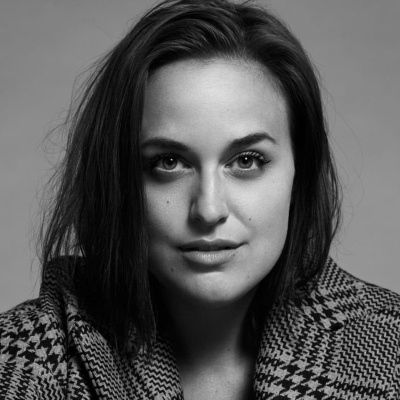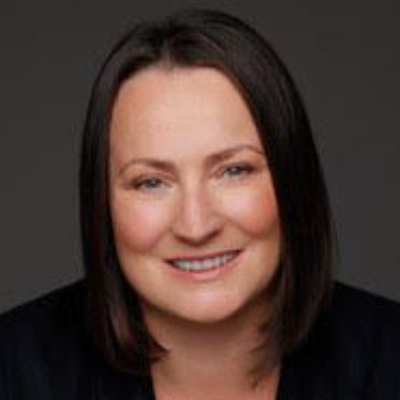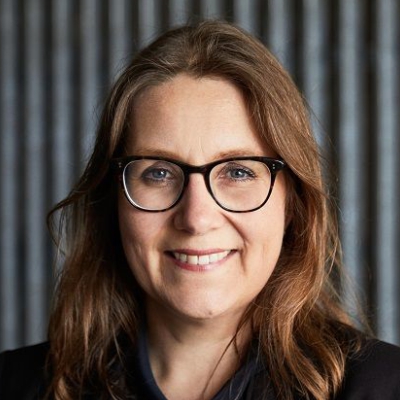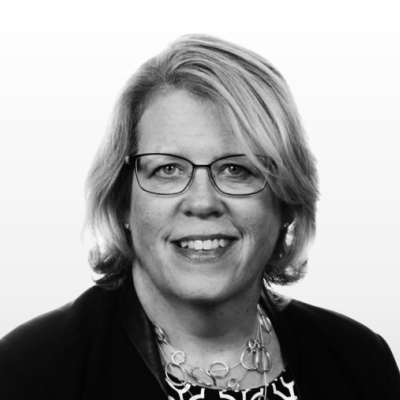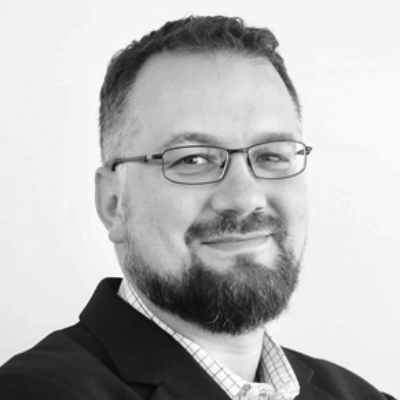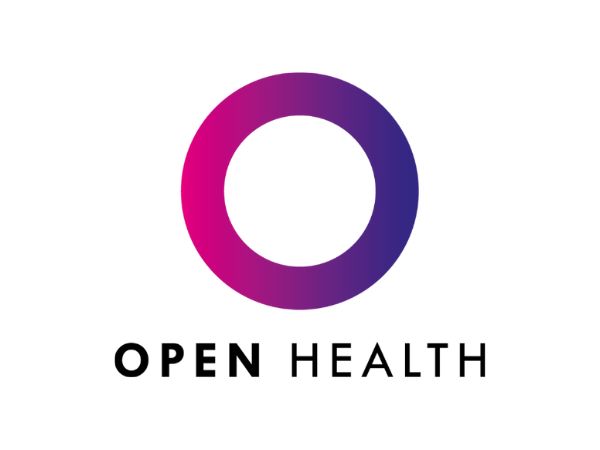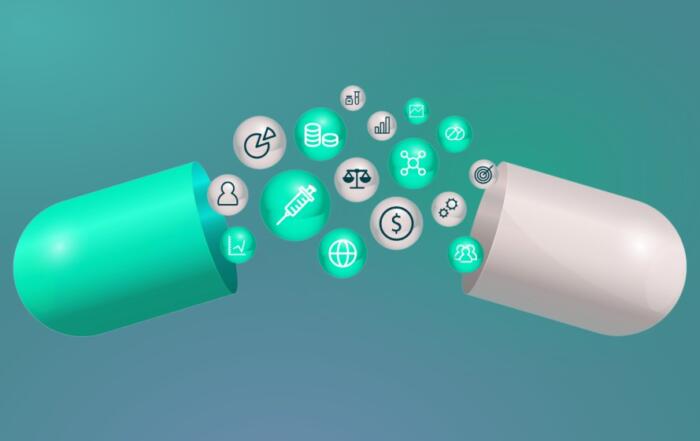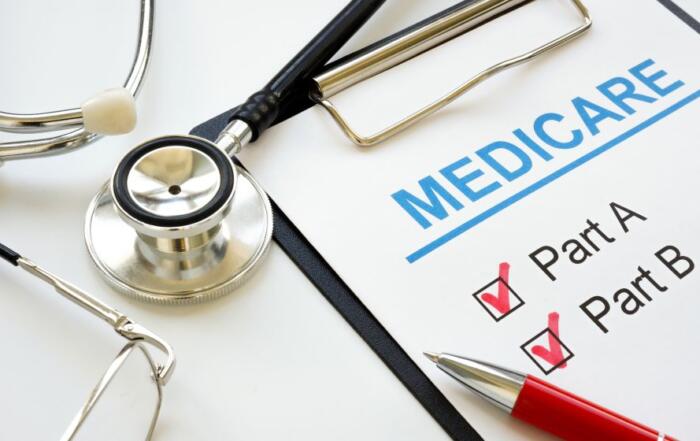In this webinar, a panel of experts in patient advocacy, health literacy, and health economics and outcomes research (HEOR) discuss the need for improved accessibility in the field.
Highlights
- Patient-centered mindset of rare diseases
- Health literacy in HEOR
- Patient-reported outcome (PRO) tools
Webinar Summary
As patients are becoming more involved in their health care outcomes and data, improved and accessible communications are increasingly needed. OPEN Health’s Gavin Jones, the moderator of this panel, highlights the four main domains of HEOR that are important to consider when communicating with patient communities: (1) having an underlying intent to improve patient outcomes, (2) ensuring patient involvement at every step of the process, (3) taking inspiration from what matters most to the patients and their families, and (4) ensuring that stakeholders are informed of the results in a way that is understandable to them.
“HEOR … are the processes that investigate and communicate unmet patient needs and treatment gaps, together with evaluating and communicating the efficacy and cost effectiveness of treatments in the real world.”
As part of OPEN Health’s mission to make HEOR more accessible to patients, they have assembled a panel of six experts to answer some questions about this topic. Danielle Drachmann, MA, shares a more personal viewpoint on accessibility within HEOR. As a mother of a child with a rare disease, she has seen firsthand how difficult finding a solution can be when data is inaccessible or nonexistent. Danielle would like to see a framework for patient data that allows researchers to more easily draw connections and analyze data.
“One of the very difficult parts of having a rare disease, or even being undiagnosed, [is that] the hope is simply not there.”
Josie Godfrey, MA, is the Strategic Director of Project Hercules, a program that helps patients with Duchenne muscular dystrophy (DMD) access innovative treatments. Josie acts as an intermediary between patients and clinicians, and works between them and pharmaceutical companies to facilitate reimbursements for new DMD treatments. She also advocates for improved communications between patients and clinicians, and disapproves of using a single individual for this process. Patients can lose trust in the system when communicating with someone who is not involved or interested in the research and clinical practices. Furthermore, this person often lacks the perspective of the actual researchers.
Kristine Sørensen, PhD, is a health literacy expert working to improve data and health literacy across the globe. In this webinar, she provides insights into this emerging field and how it can empower patients to take action and ownership of their health care. During the COVID-19 pandemic, the importance of sharing accurate information was more pressing than ever, and the extent to which things can get misconstrued was far more evident than it had been before. Kristine believes that adding human perspective to scientific papers could help improve stakeholder and patient understanding, and could help communicate accurate data and results with these parties.
“Health literacy is the capacity of individuals and organizations… to make sure people can find and understand and use information to make … decisions to protect their health.”
The next speaker in the panel is Kelly McCarrier, PhD, an expert in PRO tools (e.g., patient questionnaires) that support clinical trials. Much of his career has been spent working with the FDA to improve these tools, as they cannot comprehensively measure everything a patient or their family is experiencing. Therefore, it is important to isolate what symptoms or factors are most important to those who are experiencing them.
“If a drug moves a biomarker but really isn’t able to demonstrate meaningful improvement in the way a patient feels or functions, it’s less likely to receive a favorable review from regulators.”
The final panelist is Beth Lesher, PharmD, BCPS, a Senior Director in Strategic Market Access at OPEN Health. Beth notes that a better understanding of stakeholder values is of great importance moving forward, and that improved communications among stakeholders, clinicians, and patients would benefit accessibility in HEOR. For example, sharing easily digestible summaries of journal articles could help patients better understand HEOR and the scientific process as a whole.
Presenters
Executive Director
Patient Advocacy
Ketotic Hypoglycemia International
Director
Strategic Consulting in Policy, Public Affairs, and Market Access
JG Zebra Consulting
Founder
Healthcare Consultancy
Global Health Literacy Academy
Senior Director
Strategic Market Access
OPEN Health
Director and Qualitative Research Lead
Patient-Centered Outcomes
OPEN Health
Global Advisor
Rare Diseases
OPEN Health
